Doc comments: you can also put doc comments above
Besides the self.var1 = par1 # Doc for var1 syntax you can also:
main.py
class MyOtherClass:
"""
This class does that.
"""
pass
class MyClass:
"""
Description for class.
"""
#: Syntax also works for class variables.
class_var: int = 1
def __init__(self, par1: int, par2: MyOtherClass):
#: Doc for var1
self.var1: int = par1
#: Doc for var2.
#: Another line!
self.var2: MyOtherClass = par2
def method(self):
"""
My favorite method.
"""
pass
@classmethod
def cmethod():
"""
My favorite class method.
"""
pass
build.sh
sphinx-build . out
conf.py
import os
import sys
sys.path.insert(0, os.path.abspath('.'))
extensions = [ 'sphinx.ext.autodoc' ]
autodoc_default_options = {
'members': True,
}
autodoc_typehints = "description"
index.rst
.. automodule:: main
requirements.txt
Sphinx==6.1.3
After ./build.sh the output under out/index.html looks like:

The #: syntax is documented at: https://www.sphinx-doc.org/en/master/usage/extensions/autodoc.html#directive-autoproperty
Using :ivar: and :cvar: instead
There are currently tradeoffs between both methods, it is a shame that there isn't one clearly superior method.
Downsides:
- you have to type the attribute names again
- types are gone, TODO link to feature request
Upsides:
- the "Variables:` grouping looks cleaner, TODO link to feature request
Both could be better:
- clearly show that
class_var is a class variable? TODO link to feature reuqest
class MyClass:
"""
Description for class.
:ivar var1: Doc for var1
:ivar var2: Doc for var2.
Another line!
:cvar class_var: Syntax also works for class variables.
"""
class_var: int
def __init__(self, par1: int, par2: MyOtherClass):
self.var1: int = par1
self.var2: MyOtherClass = par2
def method(self):
"""
My favorite method.
"""
pass
@classmethod
def cmethod():
"""
My favorite class method.
"""
pass
produces:

Related: What is the difference between var, cvar and ivar in python's sphinx?
Tested on Python 3.10, Ubuntu 22.10.

